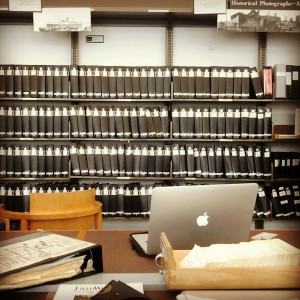Assumptions have been made, challenges have been met and plans have been altered. As I begin to wrap up my timeline project, I cannot help but reflect on all that I have learned and produced in these mere 6 weeks, and what I hope to leave behind for years to come. In both social work and ethnography, one’s work and image is on the line for others to digest – for good and for bad.
As James Clifford notes on page 7 of Writing Culture: The Poetics and Politics of Ethnography, “the maker… of ethnographic texts cannot avoid expressive tropes, figures, and allegories that select and impose meaning as they translate it. In this view… all constructed truths are made possible by powerful “lies” of exclusion and rhetoric.” In other words, there is a paradox with the ethnographer. Their objective is not to lie, but they do not necessarily tell the entire truth. An ethnographer must be selective, because it is not possible to capture every aspect of a given study.
Similarly, I have been troubled with how to represent a holistic history of the West End. If I do not mention a particular event or group of people, is it because I do not agree with its message? Or simply do not find it relevant? If an account is not found in these binders, did it not happen?
 Vancouver Public Library Historical Archives
Vancouver Public Library Historical Archives
Obviously the Vancouver Archives (both through the City of Vancouver, and the public library) would acknowledge that they exist only through the donations and participation of archivists, journalists and citizens. However, what was deemed important when archives were collected may be inapplicable by today’s standards. Or, a piece of information that was discarded in the past could be an essential piece to understanding the present.
Another crucial point that Clifford makes on page 10 of his introduction, is that ‘“Cultures” do not hold still for their portraits,” indicating that it is very difficult to makes claims that do justice to the past, and that will hold true into the future. The West End as we see it today has a completely different landscape and demographic than 50 years prior, and I would imagine, would be the same case for 50 years from now. To articulate how a space “feels” in the present is difficult enough, let alone describing how the West End “felt” or “will feel”.
With all of these feelings and concerns bellowing up, I have need to remind myself that the most crucial element of this project is to fulfill the need of the Gordon Neighbourhood House, and to make sure that they will be satisfied. After some discussion and debate, we have decided to include the histories that were going to be left out due to their potentiality as “controversial” subjects. While I would consider this a victory for the course of the project, there are inevitably some “truths” that will still be left out.
References:
Clifford, James.
1986 Writing culture: the poetics and politics of ethnography. Berkeley. University of California press.

